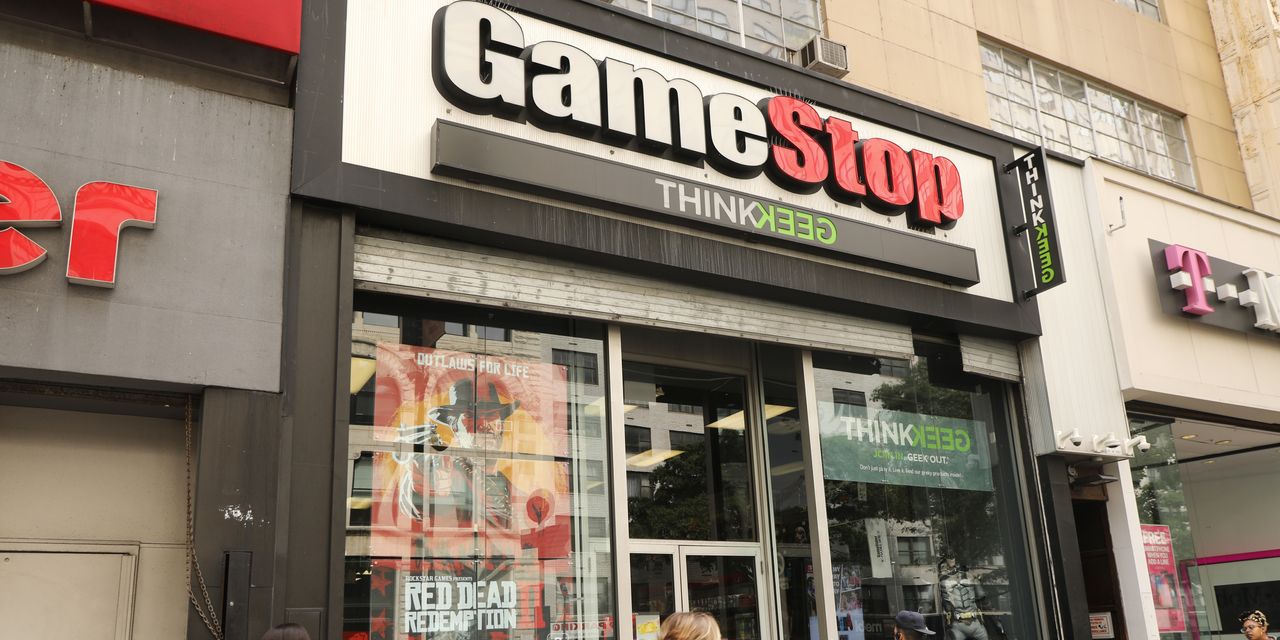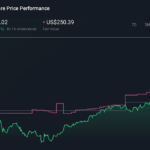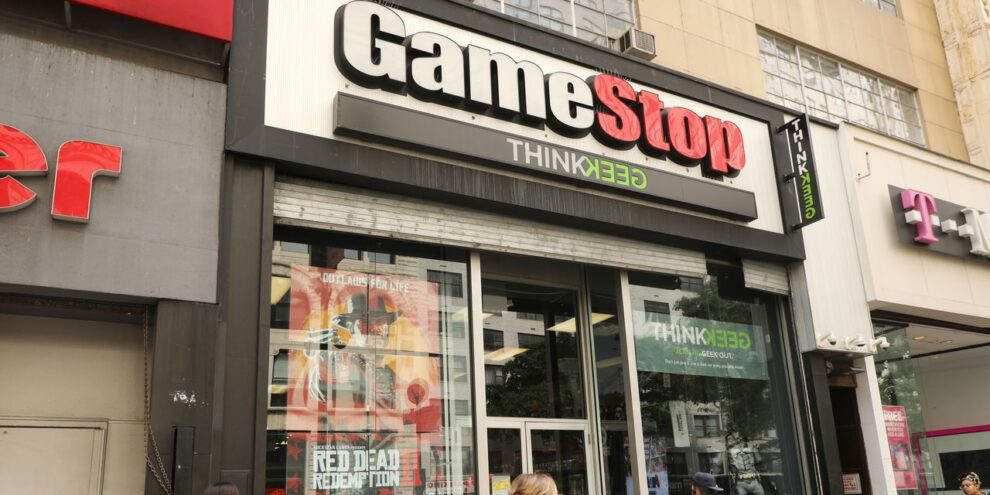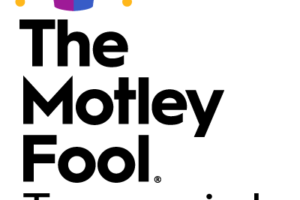
A clash between fanatical investors in GameStop GME, +18.12% and those betting that the company is overvalued has helped to propel the Texas-based video-game retailer’s stock into the stratosphere.
However, it is also fanning concerns about market manipulation — and the increased influence of individual investors hyped up by bullish talk on Reddit chat forums.
The stock’s wild ride appears to have originated online, specifically in places like Reddit’s WallStreetBets community, where there is fierce support of the stock.
“I’d be shocked if inquiries into any major players with respect to [GameStop] weren’t made by the Securities and Exchange Commission, both in terms of purchasers and sellers,” Anthony Sabino, a securities attorney at Sabino & Sabino and business law professor, told MarketWatch.
GameStop’s shares ended up 18% on Monday at a record high at $76.79, in a tumultuous day of trading where shares also touched an intraday peak at $150. Thus far in January, the stock has soared 308%, versus a mere 1% for the Dow Jones Industrial Average DJIA, -0.12% and over 2.5% for the S&P 500 SPX, +0.36%.
The more meteoric the rise of the stock, Sabino said, the more likely regulators are to look into GameStop’s movements.
Indeed, that ascent — in the absence of any market-moving news — raises another issue: the distinction between legitimate, totally legal stock-market hype in 21st Century social-media chatrooms and market manipulation that enables some investors to cash in on the exuberance of others.
Will such legal concerns impact GameStop’s trading? It is, perhaps, a timely question given that the Biden administration is taking the reins of the Securities and Exchange Commission and, analysts say, is primed for leadership with a regulator known for aggressiveness.
To be clear, there is no allegation of wrongdoing against GameStop. It has not released any significant company updates.
The company did not respond to request for comment from MarketWatch.
“ ‘As a general rule, people are allowed to make foolish investment decisions.’ ”
In many ways, trading in GameStop highlights the speculative fervor in a market where average investors are emboldened by super-low interest rates and a flood of liquidity pouring into financial markets from the Federal Reserve and the U.S. government to stem the deadly economic impact of COVID-19.On top of that, online trading platforms like Robinhood, Stash and others have made it easier to bet on stocks, while platforms like Reddit have provided a virtual venue for investors to exchange ideas, and sometimes make coordinated bets on companies like GameStop.
“Distinguishing what is a sincerely held belief as opposed to an attempt to manipulate the market is extraordinarily gray, and it is an extraordinarily fuzzy area,” said Sabino.
Bill Singer, veteran securities attorney at Herskovits PLLC, told MarketWatch that “although there may be a fine line between urging folks to buy/sell shares in a given stock and a fraudulent intent to manipulate that outcome, that fine line is still there.”
“You have a right to your opinion, on- and offline. You have the right to press your bet and urge others to join you. That’s not fraud. That’s opinion,” Singer said.
Earlier Monday, CNBC’s Jim Cramer was flummoxed by GameStop’s upward march. “The mechanics of the market are breaking down. It is arguable that these people are all one group.” (Cramer also said his securities lawyer told him the call to buy the stock among social-media users was protected under “free speech.”)
(An SEC spokesman declined to comment.)
But what would regulators need to.do in order to start building cases against such buyers and sellers?
Important misstatements of fact to dupe the investing public, experts say.
“As a general rule, people are allowed to make foolish investment decisions,” said Barbara Roper is director of investor protection for the Consumer Federation of America. “Others are not allowed to fraudulently promote foolish investment decisions,” she said.
For example, a comment like “I think this is the greatest stock ever” is within bounds, Roper said. But saying, for example, a company received a patent when it didn’t in order to push the stock higher is out of bounds, she said.
Regulators and prosecutors attempting to prove fraud have to show the behavior involved untrue statements or omission of important fact, said Singer. They also have to show that the person making those misstatements knew at the time they were untrue, misleading a “reasonable” investor who, in turn, was harmed.
“That clearly poses a problem when we’re dealing with a lot of newbie traders swirling around the stock-du-jour and spending hours each day posting somewhat childish comments and then flaming other posters,” Singer said.
Read also: Chris Sacca mocks ‘Robinhood bros’ who spurn his investment advice: ‘Stonks never go down!’
Childish comments or not, Sabino said regulators would be curious about what’s motivating those investors who are driving up the stock price. “Are they, in fact, an unorganized group of disparate retail investors,” he said, “or are they a more organized group of investors, or a group of sophisticated investors.”
“Is their prime motivation that ‘this stock price needs to stay up or I will lose my shirt?’” he added.
Back on Reddit, one moderator pushed back hard on the idea that users are manipulating the price to their advantage. “What I think is happening is that you guys are making such an impact that these fat cats are worried that they have to get up and put in work to earn a living,” the moderator said.
Singer speculates that there could be “some fraudsters” online trying to game the system, and push up the stock in order to make a profit. “But more likely, it is just folks ‘playing’ the markets against other folks who aren’t playing games,” he said.
That, despite Cramer’s dramatic proclamations about the market’s broken mechanics, is nothing new, Sabino said. “Folks have been getting hustled in pool halls for generations,” he said.
Savvy plays on rookie investors are one longstanding aspect of the market. So are “pump and dump” schemes, where some people play up a stock, sell and leave everyone else hanging, Roper said.
What’s new now is the combination of those forces with developments that accelerate how fast these scenarios play out, like social media and commission-free trades, Roper said.
“The enormous efficiency gain that technology delivers to markets have wonderful benefits, and they do have a down side because they reduced the barriers that might break in on an irrationally exuberant action,” Roper added.
People hyping a stock — whether within or outside legal bounds — have a “bigger bullhorn” online.












